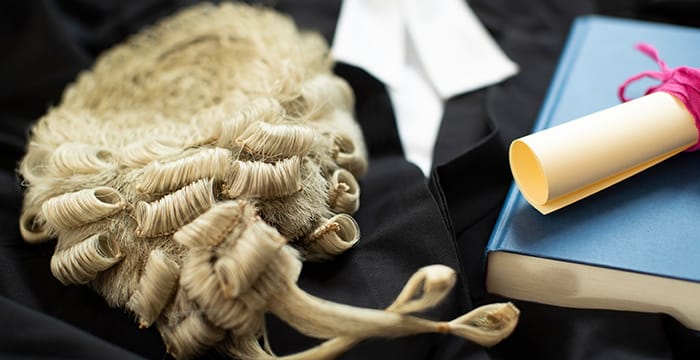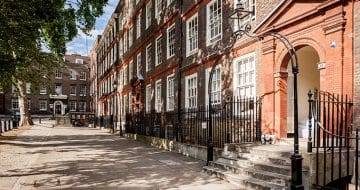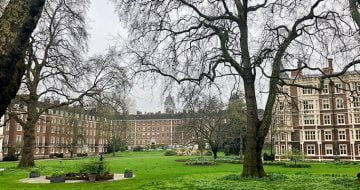1,753 bar hopefuls enrolled in 2018

The number of students enrolling on the Bar Professional Training Course (BPTC) hit record highs in 2018, according to new stats released by the bar regulator — but securing a precious pupillage remains a major hurdle for the majority of aspiring barristers.
The Bar Standards Board’s (BSB) latest stats report reveals 1,753 students enrolled on the vocational course in 2018 — an increase of 134 on the year before and the highest figure for enrolment since the course began in 2011.
But the uptick in numbers only adds to the intense competition to secure pupillage. The report shows that just 43% of UK/EU bar grads who started the course between 2014-18 had commenced pupillage by March 2020. This figure increased to 47% for those enrolled from 2014-2017.
“The likelihood of gaining pupillage varies widely by degree class and BPTC overall grade in particular,” the BSB said, “with ethnicity and first degree institution also appearing to be influencing factors.”
This year’s recruitment round saw 2,142 people submit at least one application via the Bar Council’s Pupillage Gateway. There were just 206 pupillage spots up for grabs.
The report found that when controlling for BPTC grade and first-degree classification, those who attend a “Top 10” UK university (in the eyes of the The Times and Sunday Times‘ ‘Good University Guide’) were more likely to have bagged pupillage compared to their non-Top 10 peers.
The BSB goes on to provide the following example: “55% of those with an upper second class degree and very competent BPTC grade who went to a UK university ranked in the top 10 had commenced pupillage. In comparison around 48% of those with a first class degree and a very competent overall grade on the BPTC who went to a university ranked 11-50 in the UK had commenced pupillage.”
Again controlling for both degree class and BPTC grade, the BSB found that UK/EU bar grads from BAME (Black, Asian and Minority Ethnic) backgrounds who enrolled from 2014-18 were less likely to have commenced pupillage than those from white backgrounds.
BSB director of strategy and policy, Ewen MacLeod, commented:
“We remain concerned by the continuing disparity between the chances of white and BAME students in securing pupillage. We need to investigate further why this disparity exists but, to address any possible unfairness in selection, our programme of reforms to bar training includes a requirement for those seeking to offer pupillage to demonstrate an organisational commitment to equality and diversity.”
The stats come amid a period of change for law schools and the way they train their barristers-to-be, with a number of the big market players (The University of Law, BPP Law School and City Law School) slashing the cost of their courses and offering more flexible study options.
Comments on this article are now closed.


